Certificates
Beyond certifications, Manifutura is dedicated to sustainable practices throughout our textile supply chain.
While certifications offer valuable third-party verification, our environmental and social responsibility commitment goes beyond these labels. We have a long history in organic textiles, dating back to our group company's founding in 1993. As a testament to our ongoing efforts, we've achieved a range of certifications, which you'll find listed below. These certifications showcase our dedication to transparency and traceability across all aspects of our operations.
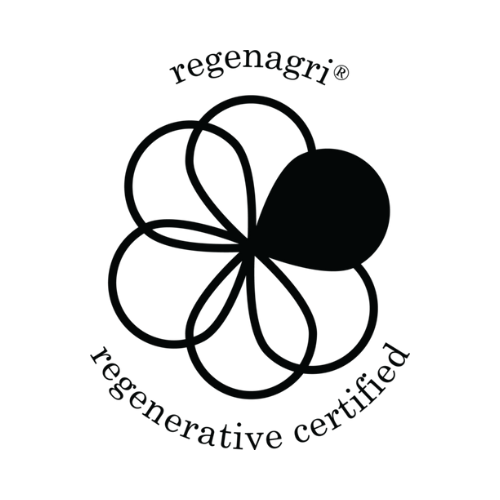
Regenagri
The Regenagri certification sets a standard for agricultural practices, emphasizing regenerative agriculture principles that promote soil health, biodiversity, and ecosystem restoration. Regenagri goes beyond traditional certifications by focusing on holistic land management practices that not only sustain but also enhance the environment’s regeneration capacity.
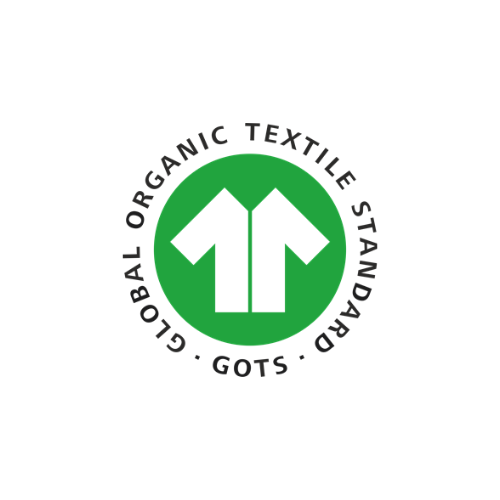
GOTS
The GOTS certificate, also known as the Global Organic Textile Standard, is an internationally recognized standard for textile production that ensures the organic status of textiles from harvesting of raw materials through environmentally and socially responsible manufacturing all the way up to labeling. It is widely considered as one of the most comprehensive and stringent certifications for organic textiles and offers assurance to consumers that the products they purchase meet high environmental and ethical standards.
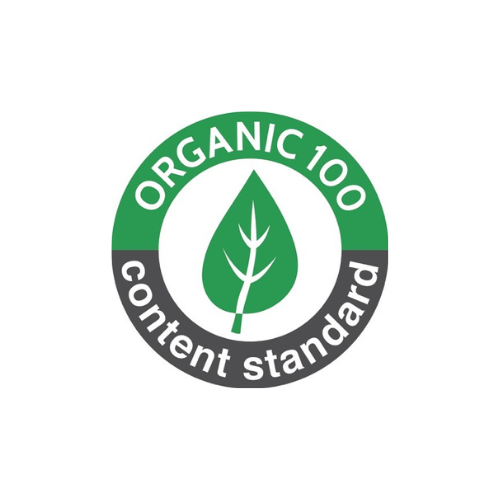
OCS
The Organic Content Standard (OCS) is a globally recognized standard that verifies the organic content of cotton, from the farm to the final product. The standard assures that the cotton used in a product is grown without the use of harmful pesticides or genetically modified organisms (GMOs) and is produced in a way that is environmentally and socially responsible.
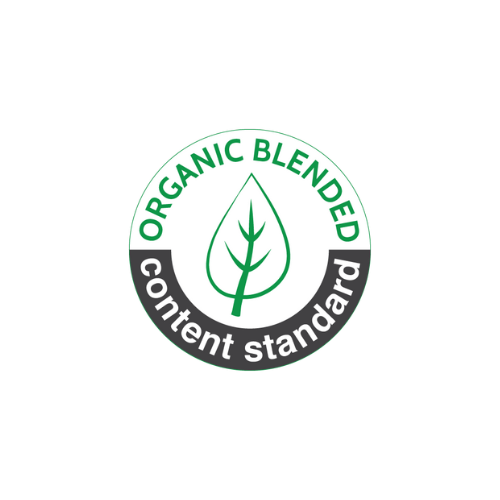
The Organic Cotton Standard
An organic blended content certificate is a certification that confirms the organic content of a product that contains both organic and non-organic materials. This certificate is often used for textile products, such as clothing, linens, and other household textiles.
The organic blended content certificate is issued by an independent third-party certifier who verifies that the organic materials in the product meet the standards set by a recognized organic certification program, such as the Global Organic Textile Standard (GOTS) or the Organic Content Standard (OCS).
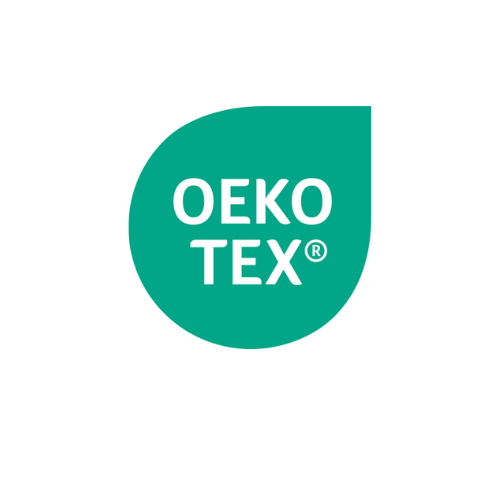
OEKO-TEX
The Oeko-Tex Standard 100 is a globally recognized certification for textile products that ensure they are free from harmful substances. The certification is awarded by the International Oeko-Tex Association, which is an independent organization that tests textiles for harmful substances according to a set of strict guidelines. The Oeko-Tex Standard 100 certification applies to all types of textiles, including fabrics, yarns, and clothing. It is intended to provide assurance to consumers that the textile products they purchase have been tested for harmful substances and are therefore safe for human use.
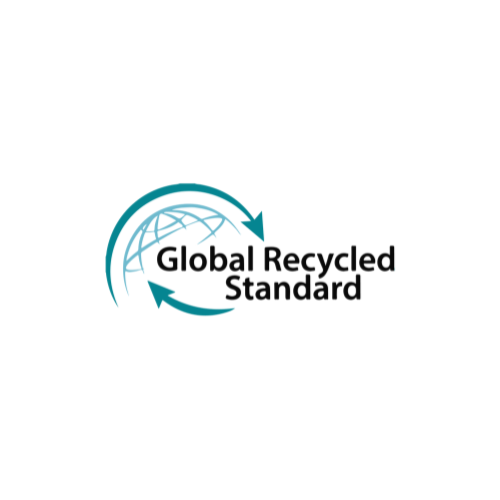
GRS
Global recycled content (GRS) refers to the percentage of recycled materials used in a product or packaging. It is a measure of the environmental sustainability of a product or packaging and represents the amount of waste diverted from landfills or incineration. The global recycled content includes both post-consumer and pre-consumer recycled materials. The global recycled content is usually expressed as a percentage, and the higher the percentage, the more sustainable the product or packaging is considered to b

bluesign
luesign is a certification program that was established to promote sustainable and responsible practices in the textile industry. It is a voluntary standard that assesses the entire textile supply chain, from raw materials to finished products. The bluesign certification is based on five principles: resource productivity, consumer safety, water emissions, air emissions, and occupational health and safety. To receive bluesign certification, textile manufacturers must meet strict criteria related to these principles. This includes using environmentally friendly chemicals, reducing water and energy consumption, and ensuring safe and healthy working conditions for employees.
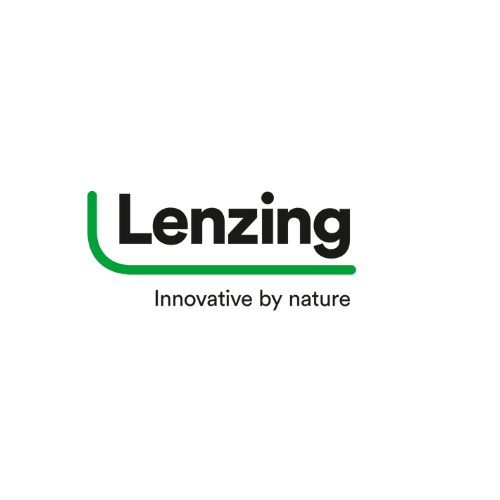
Lenzing
The Lenzing certificate is a certification system developed by Lenzing AG, an Austrian company that produces sustainable fibers, such as TENCEL™ Lyocell and Modal. The certificate is awarded to companies that use Lenzing fibers in their products and meet certain environmental and social standards. the Lenzing certificate is a recognition of a company’s commitment to sustainability and responsible production practices, and it serves as a way for consumers to identify and choose products that are made with environmentally friendly and socially responsible materials.
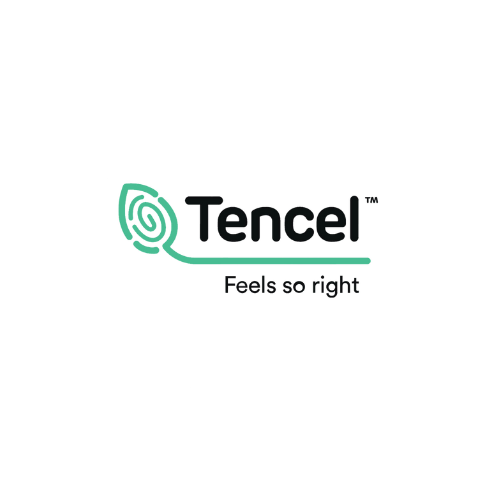
Tencel
The Tencel certificate is a verification that products made from Tencel have been produced according to the company’s standards for sustainability, quality, and social responsibility. It ensures that the products have been made from raw materials that are responsibly sourced and that the manufacturing process meets strict environmental and social criteria
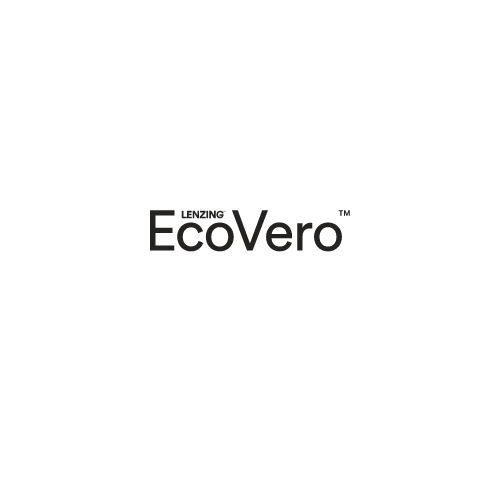
EcoVero
The EcoVero certificate ensures that the products have been made from renewable raw materials sourced from responsibly managed forests, and that the manufacturing process meets strict environmental and social criteria. It verifies that the manufacturing process is designed to minimize waste, energy and water usage, and emissions, and that the chemicals used in the process are managed in an environmentally responsible way.
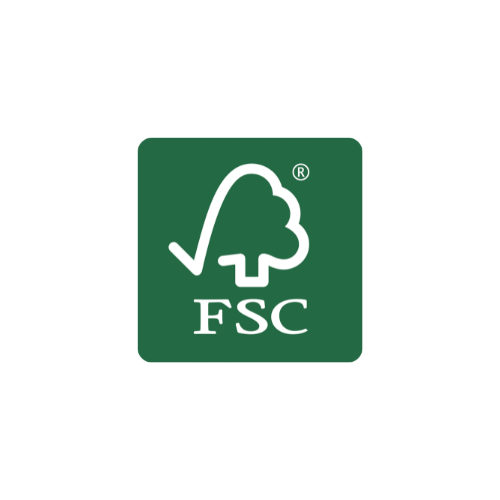
Forest Stewardship Council
FSC stands for Forest Stewardship Council, which is an international organization that promotes responsible forest management. The FSC works to ensure that forests are managed in an environmentally and socially responsible way, and that the products derived from those forests, such as wood and paper, are sourced in a sustainable manner.
